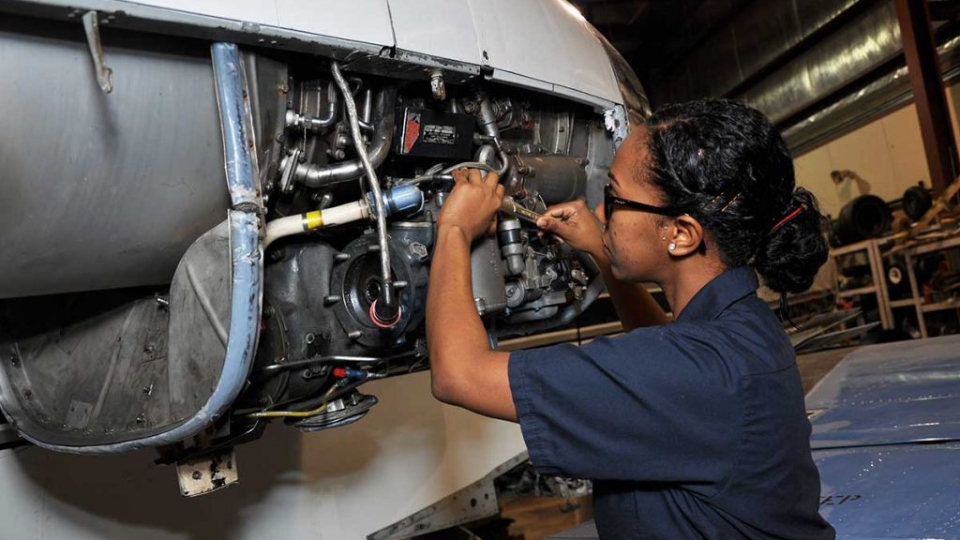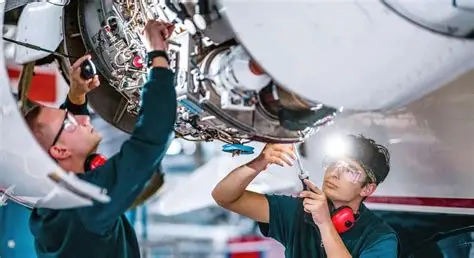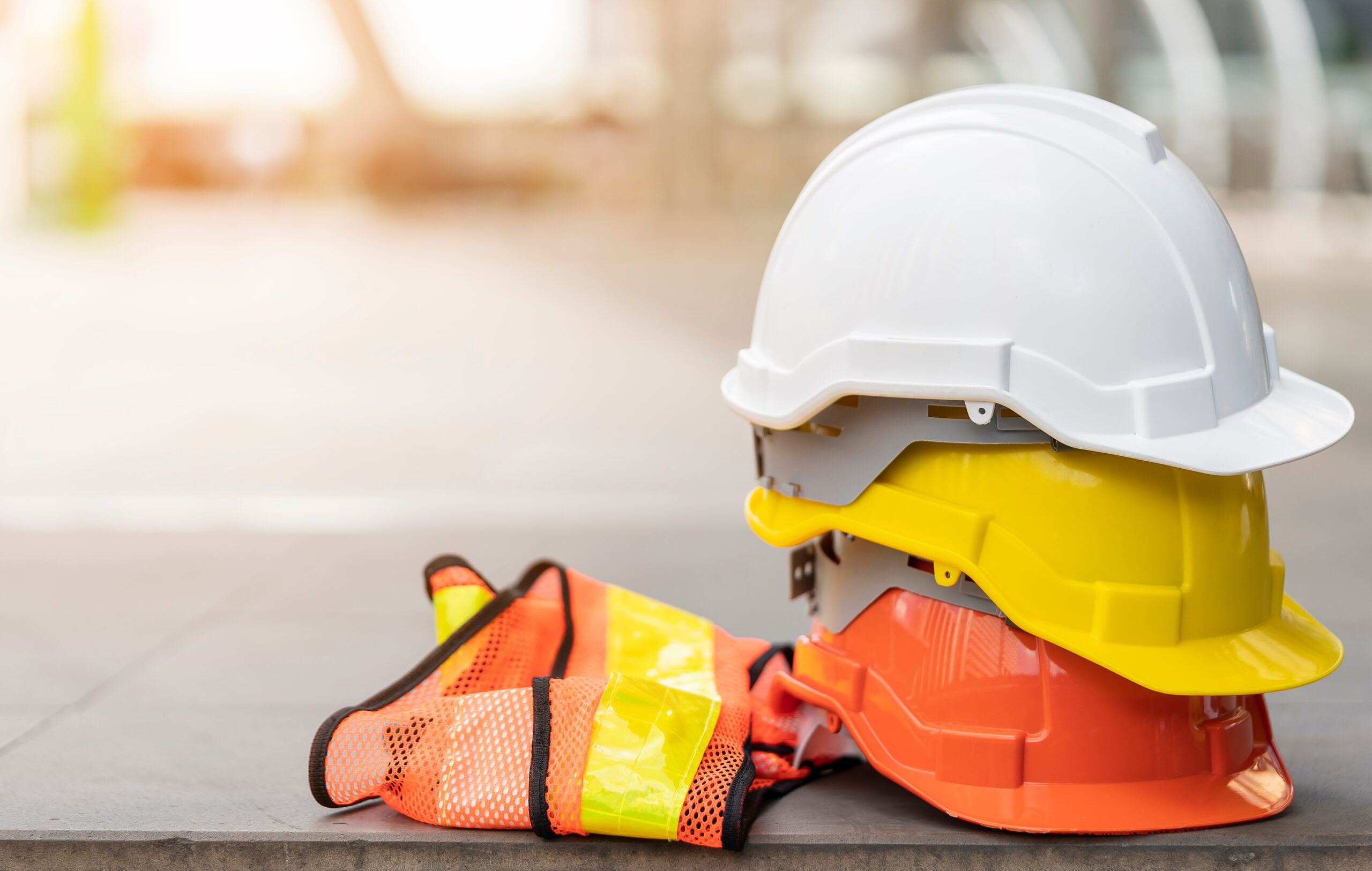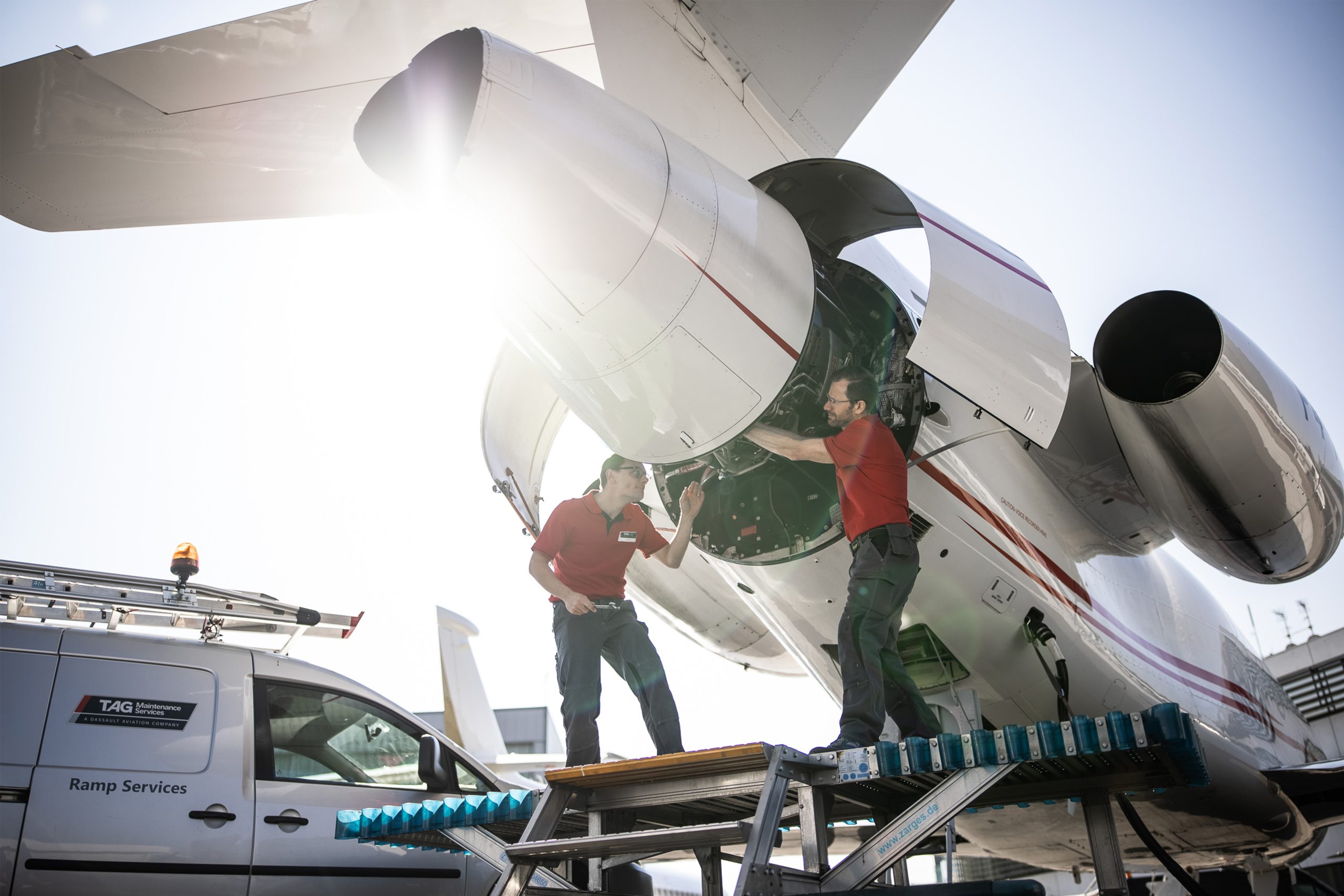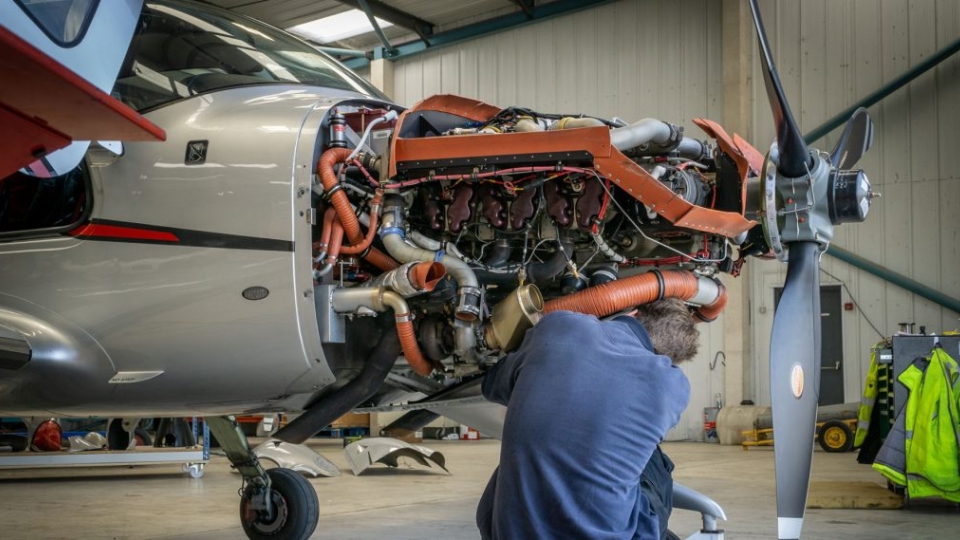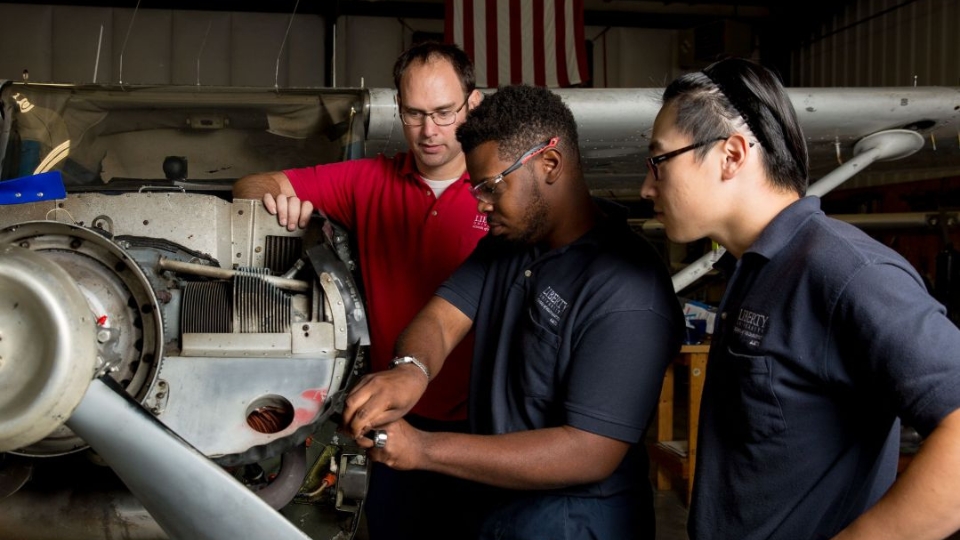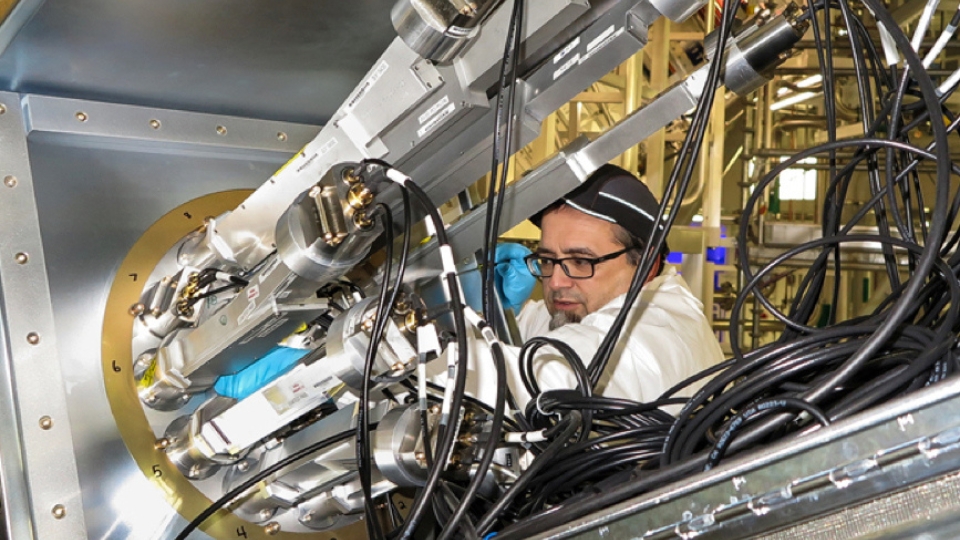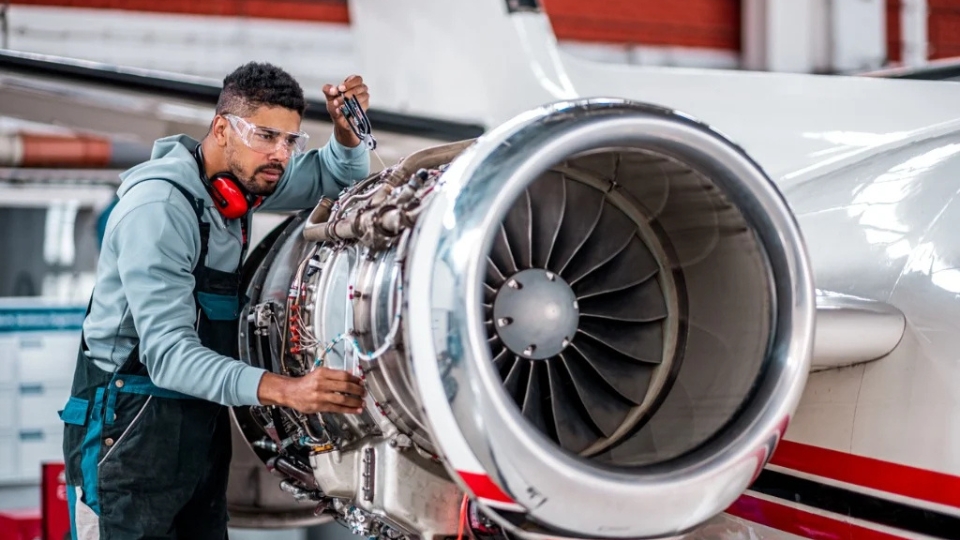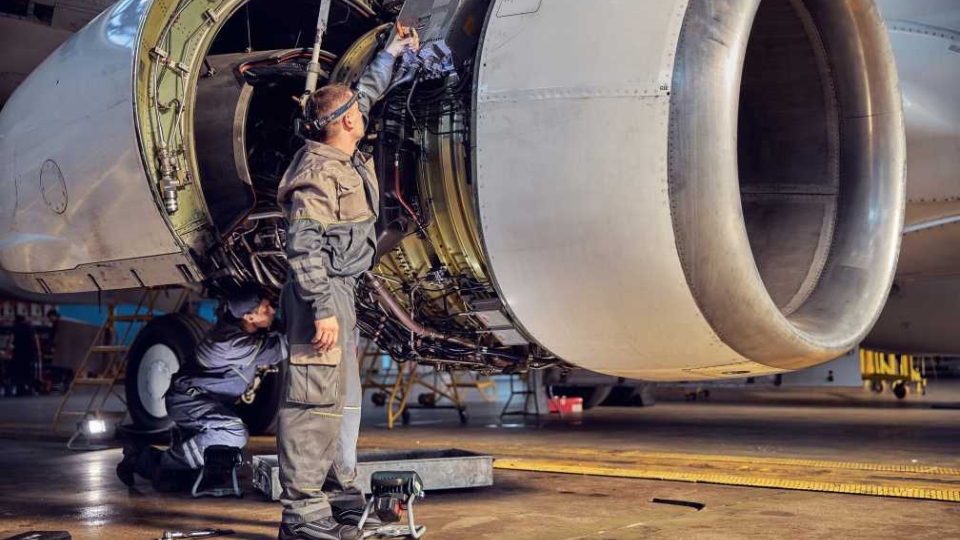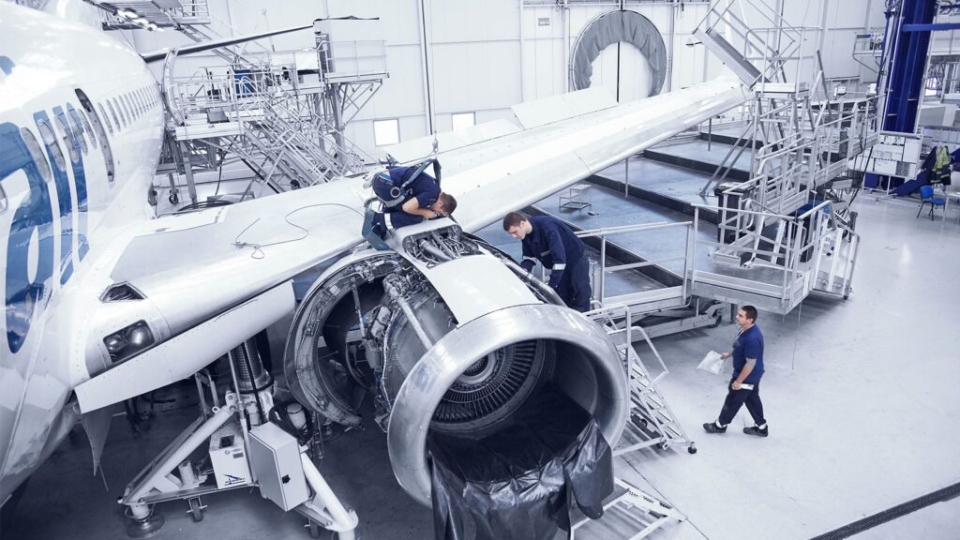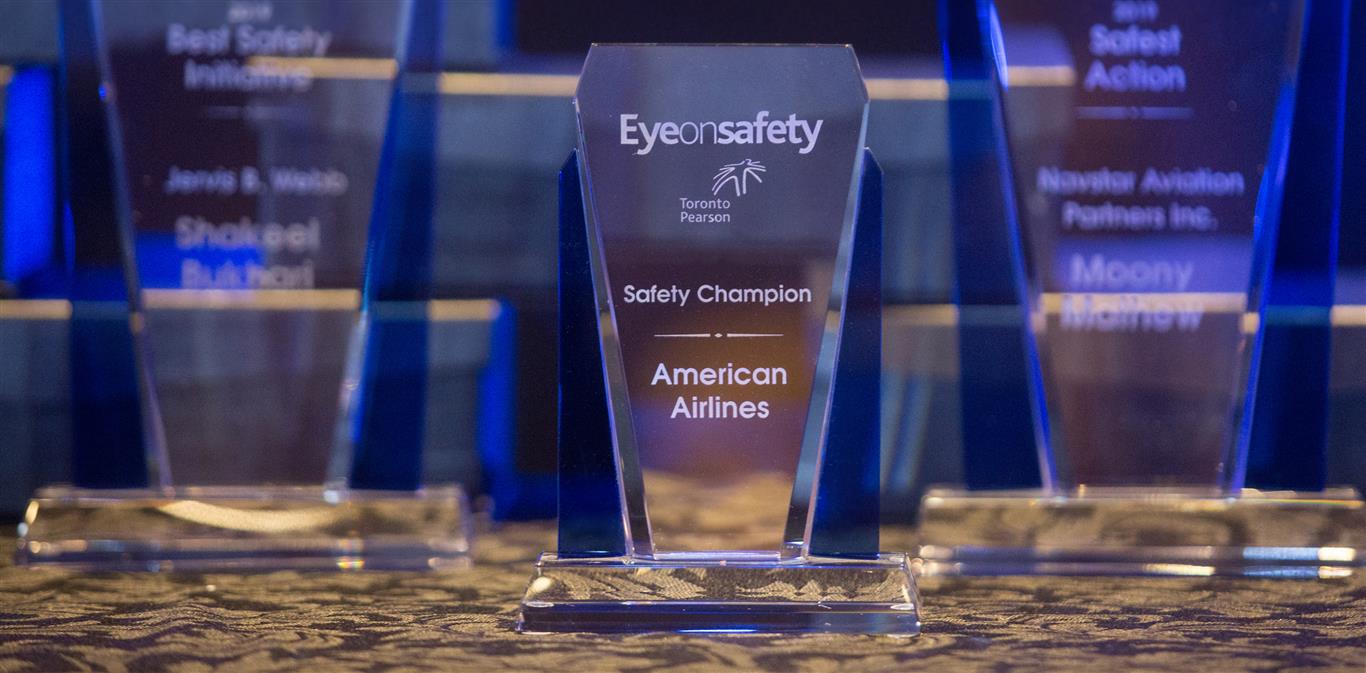Aircraft maintenance is a complex field that ensures planes remain safe, reliable, and efficient. Engineers play a central role in this process, applying technical expertise to inspect, repair, and optimize aircraft systems. Their work prevents failures, supports regulatory compliance, and contributes to the overall safety of passengers and crew.
Moreover, engineers are essential for implementing technological advancements and ensuring maintenance procedures meet the highest industry standards.
Aircraft Maintenance Engineers: Key Responsibilities
Aircraft maintenance engineers are responsible for a wide range of tasks across airframes, engines, avionics, and structural systems. Their primary duties include:
-
Inspections: Engineers conduct thorough inspections of engines, landing gear, and avionics to detect wear, corrosion, or mechanical faults.
-
Repairs and Overhauls: They repair damaged components and perform scheduled overhauls on engines and airframes to maintain performance standards.
-
System Testing: Engineers test hydraulic, electrical, and mechanical systems to ensure proper functionality before flights.
-
Documentation: Accurate record-keeping ensures compliance with aviation regulations and tracks maintenance history.
Consequently, engineers maintain the operational integrity of aircraft and reduce the risk of technical failures.
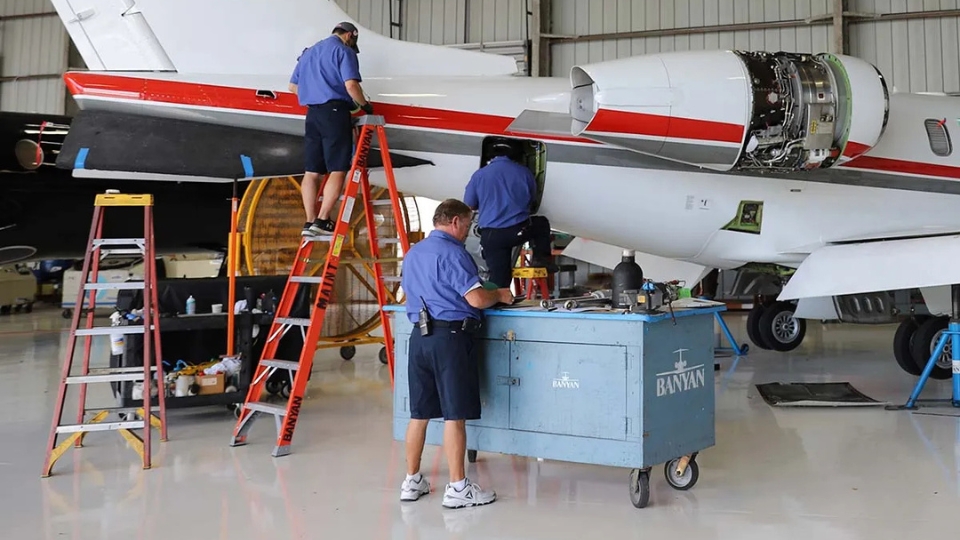
The Role of Engineers in Aircraft Maintenance
Specializations Within Aircraft Maintenance Engineering
Aircraft maintenance engineers often specialize in specific areas to develop expertise in complex systems.
-
Airframe Engineers: Focus on the structural integrity of the aircraft, examining the fuselage, wings, and control surfaces. They repair cracks, corrosion, and other structural issues.
-
Powerplant Engineers: Concentrate on engines, performing maintenance, overhauls, and performance optimization.
-
Avionics Engineers: Maintain navigation, communication, and flight control systems, ensuring precision and regulatory compliance.
-
Systems Engineers: Oversee hydraulic, electrical, and fuel systems to guarantee efficient operation across multiple aircraft components.
Specialization allows engineers to master specific technical skills, contributing to higher maintenance quality and safety.
The Importance of Technical Knowledge and Skills
Aircraft maintenance engineers must possess strong technical knowledge and practical skills. They combine formal education with hands-on experience to manage sophisticated aircraft systems.
-
Mechanical proficiency: Engineers understand how engines, hydraulics, and airframes function and interact.
-
Electrical and avionics expertise: Knowledge of wiring, electronics, and software ensures the proper functioning of modern aircraft systems.
-
Problem-solving skills: Engineers identify root causes of issues and implement effective solutions.
-
Attention to detail: Small oversights can lead to major operational failures, so precision is critical.
Therefore, well-trained engineers are crucial to maintaining high safety and reliability standards in aviation.
Collaboration and Teamwork
Aircraft maintenance is a team effort, and engineers frequently work alongside technicians, pilots, and quality assurance personnel.
-
Coordinating inspections: Engineers collaborate with technicians to ensure thorough system checks.
-
Training and guidance: Experienced engineers mentor junior staff, sharing knowledge and best practices.
-
Cross-functional communication: Engineers coordinate with flight crews to understand operational challenges and tailor maintenance solutions.
As a result, collaboration enhances efficiency, ensures adherence to standards, and reduces maintenance errors.
Adapting to Technology and Innovation
Modern aircraft rely heavily on advanced technology, making engineers’ roles more critical than ever.
-
Digital inspections: Engineers use drones, sensors, and imaging technology to identify structural issues.
-
Predictive maintenance: Engineers analyze flight data to predict component failures and optimize maintenance schedules.
-
Augmented reality tools: AR assists engineers in performing precise maintenance with step-by-step guidance.
Consequently, engineers leverage innovation to improve inspection accuracy, reduce downtime, and enhance safety.
Regulatory Compliance and Safety Standards
Engineers ensure all maintenance activities comply with aviation regulations and industry standards.
-
FAA, EASA, and ICAO standards: Engineers follow guidelines to maintain aircraft airworthiness.
-
Quality assurance: Regular audits verify that repairs, overhauls, and inspections meet strict safety criteria.
-
Documentation: Engineers maintain detailed logs of inspections, repairs, and modifications for regulatory review.
Therefore, engineers play a pivotal role in upholding aviation safety and operational integrity.
Memorable Experiences: From Alaskan Aerial Tours to the Thrill of Wolf Winner Casino
Wings of Alaska showcases breathtaking aerial tours and experiences across Alaska’s stunning landscapes. For visitors looking to add some online excitement, Wolf Winner Casino offers a thrilling selection of games and rewards. Both platforms aim to provide memorable experiences for their audiences.
Conclusion
Aircraft maintenance engineers are essential to the aviation industry. They combine technical expertise, practical skills, and innovation to inspect, repair, and optimize aircraft systems. Through specialization, teamwork, and adherence to regulatory standards, engineers ensure that aircraft remain safe, reliable, and efficient.
Ultimately, the role of engineers in aircraft maintenance safeguards passengers, supports airline operations, and maintains the highest levels of safety in modern aviation.

